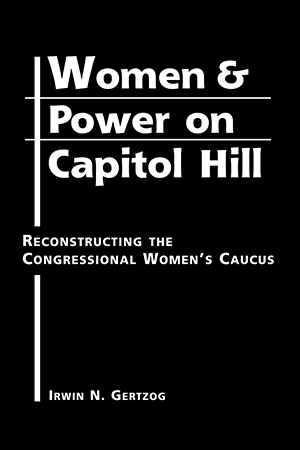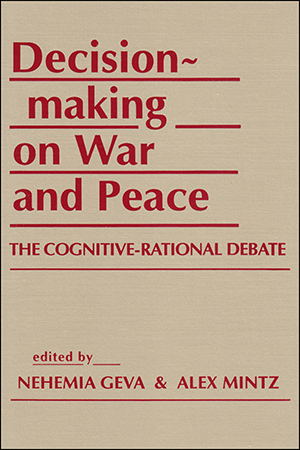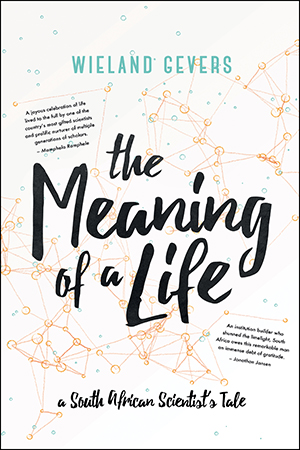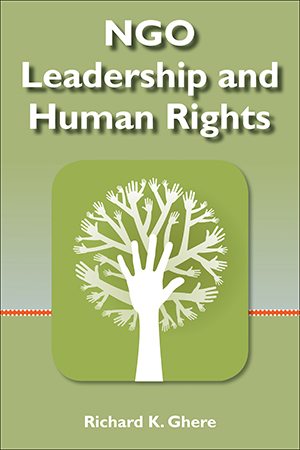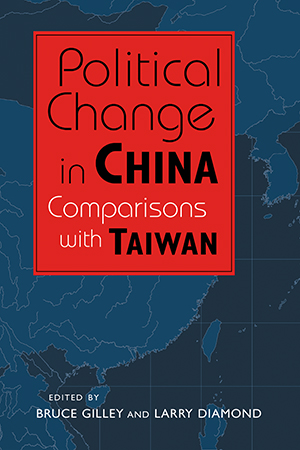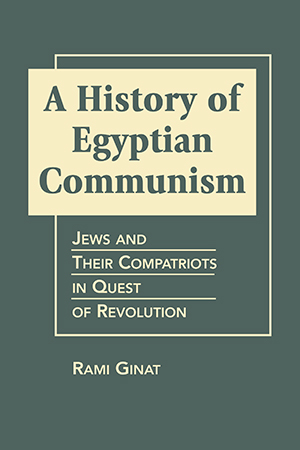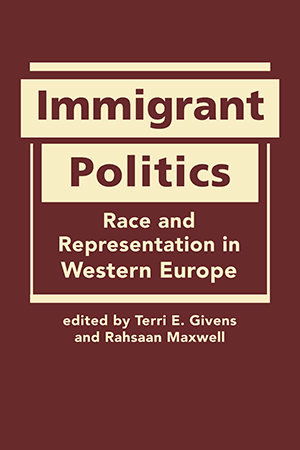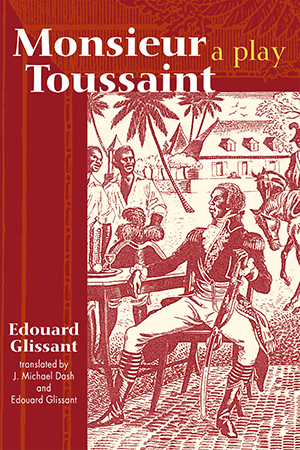BOOKS
The Congressional Caucus for Women's Issues (CCWI) was the most effective bipartisan organization in the House—until changes wrought by the "Republican revolution" of More >
Reviewing, comparing, and contrasting major models of foreign policy decisionmaking, contributors to this volume make a substantial contribution to the debate between cognitive and rational More >
At times witty, at times moving, this autobiography/memoir by South African scientist Wieland Gevers tells the story of his overlapping personal and professional journeys as he navigated More >
Richard Ghere provides a comprehensive survey of NGO involvement in a human rights based approach to leadership, organization, management, and performance. Ghere points to how any NGO, More >
Distinguished scholars analyze the plays, poetry, and prose of Soyinka, winner of the Nobel Prize for literature in 1986. Introductory essays trace Soyinka’s career and place his work More >
How might China become a democracy? And what lessons, if any, might Taiwan's experience of democratization hold for China's future? The authors of this volume consider these More >
Rami Ginat offers an entirely new reading of the evolution of communism in Egypt, including the central role of Egyptian Jews in both its development and its impact on Egypt and the wider More >
Perhaps the most illustrious woman of her era, Marie Curie is well known for her Nobel Prize-winning research in physics and chemistry and for her discovery, with her husband Pierre Curie, More >
Do ethnic minority politicians play a meaningful role in Western Europe? How do European publics feel about nonwhite politicians? How are political parties reaching out to ethnic minority More >
Edouard Glissant's Monsieur Toussaint tells the tragic story of Toussaint L'Ouverture, the charismatic leader of the revolution—the only successful slave revolt in More >



